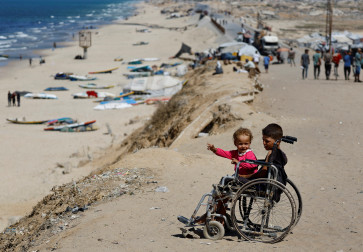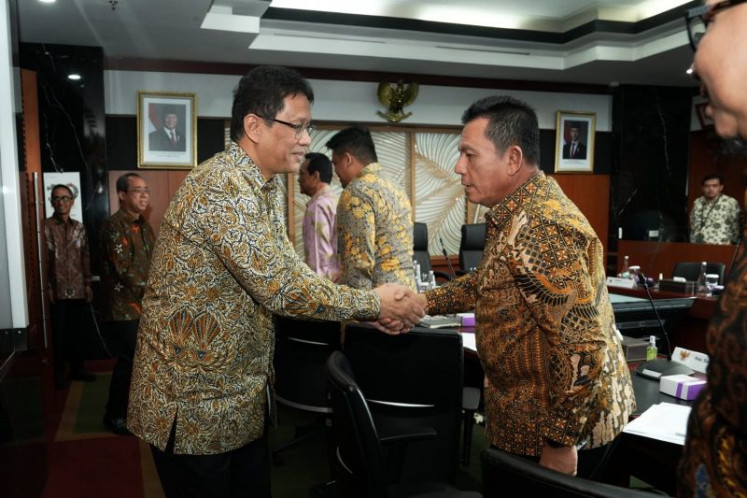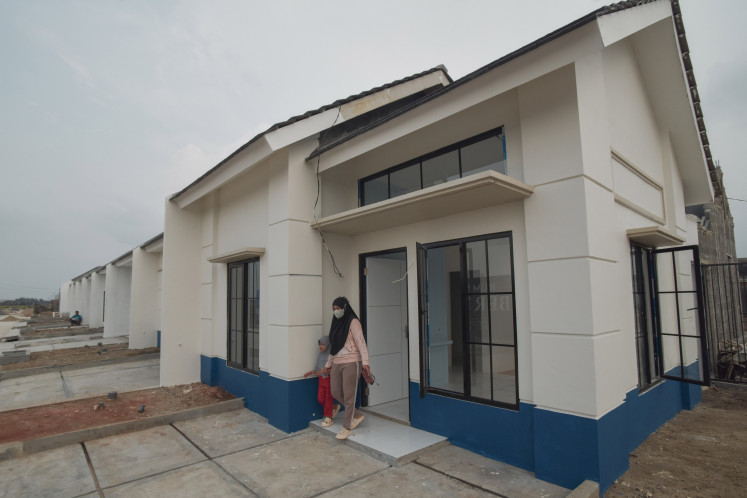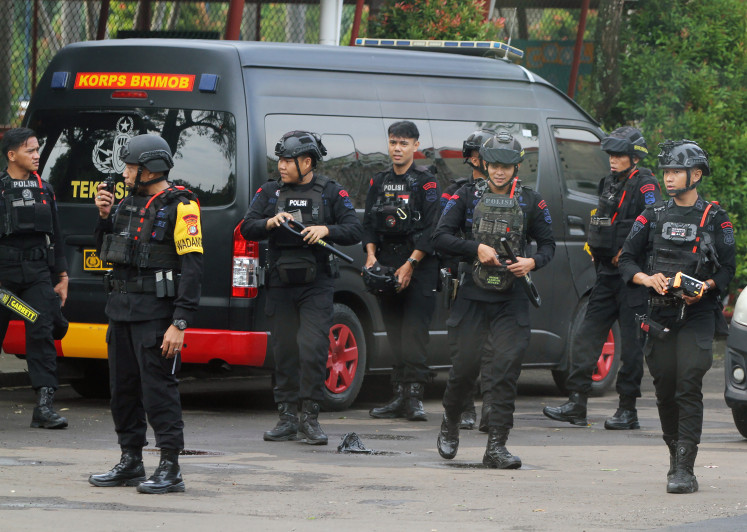Popular Reads
Top Results
Can't find what you're looking for?
View all search resultsPopular Reads
Top Results
Can't find what you're looking for?
View all search resultsLuiz Inacio Lula da Silva: From peanut seller to president
He began his career like many millions of other poor kids elsewhere in the world, as a peanut seller and a shoe shine boy on the streets of Sao Paulo
Change text size
Gift Premium Articles
to Anyone
He began his career like many millions of other poor kids elsewhere in the world, as a peanut seller and a shoe shine boy on the streets of Sao Paulo.
Later he found employment as a metal worker and became a trade union leader in the city, which has the largest favelas, or slums, in South America.
He lived in a Sao Paulo favela with his poor peasant family throughout his childhood.
Today, that young peanut seller, Luiz Inacio Lula da Silva, is Brazil's most popular president in history, after building up South America's largest economy by putting the country on a trajectory of prosperity.
President Lula will arrive in Jakarta on Friday evening. It will be his first visit to Indonesia. He will open a new chapter in the 55 years of friendship and partnership between two of the world's largest emerging nations.
He adopted the nickname "Lula" in 1982 -- a play on his first name Luiz, which means "squid" in Portuguese.
Lula, who didn't go to school until the age of 10, became the president of Metalworkers Union in 1975. In 1980, he founded the Workers Party.
Between 1990 and 2001, he ran for presidency three times, but failed at all attempts.
Lula will go down in the history of Brazil as a person who saved the country from economic bust, turning it into a boom.
When he became the country's president in 2002, many doubted inexperienced Lula's capability to cure Brazil's economic woes, inequality, unemployment, huge foreign debt and high inflation rate.
Lula's left leanings, especially his desire for dogmatic socialism, also created fear among market players and the value of currency took a big hit.
However, Lula proved his critics wrong within one year.
"Financial markets have reacted positively, according to some analysts, more because of what Lula has not done than what he has," Sylvie Duchamp wrote in Bogota's Revista Cambio in 2003.
In order to boost economic growth and reduce inequality, Lula adopted a three-pronged strategy of inflation targeting, a floating exchange rate and a stringent fiscal austerity.
Thanks to Lula's macroeconomic management, the economy not only stabilized but it strengthened against the U.S. dollar. Inflation is currently below 4 percent, almost equal to the United States. Last year the Brazilian economy grew 5.3 percent, thanks to strong exports.
Brazil, under Lula, became the darling of foreign investors. By the end of 2007, foreign exchange reserves reached US$200 billion. Last year alone, two million jobs were created.
But Lula's biggest challenge remains how to tackle poverty. Brazil, the world's fourth most populous nation, is still a country of stunning inequality.
In Brazil, 10 percent of the rich own 75 percent of the country's wealth.
During the period between 2001 and 2006, according to the World Bank, the income of the poorest 10 percent of people grew by about 9 percent per year, compared to 2 to 4 percent for richer people.
"It's more like it is booming up than trickling down," Deborah Wetzel, the World Bank's leading economist said recently.
All these years starting from 2002, Lula's popularity remained high, thanks to his social welfare programs like the Bolsa Familia, a program that financially helps 11 million poor families by sending their children to school.
After, he introduced the $315 billion federal Growth Accelerating Program to improve infrastructure and generate income for poor families.
He won his second term with 60.8 percent of the votes in 2006. His popularity currently hovers around 60 percent in the opinion polls. But his pro-market policies earned enemies from within his own Workers Party, that considered Lula a betrayer of leftist ideology.
"Even though he won office with his left hand, he is now governing with his right," Duchamp said.
The effervescent Lula has done well not only in Brazil, but also on the international stage.
Though he cannot speak English, Lula uses his affable personality to make friends. He has proven that he is a good negotiator and a decisive executive.
Lula's visit to Indonesia is a part of his vision to create ties among emerging nations, establish fairer trade and strengthen cooperation.










